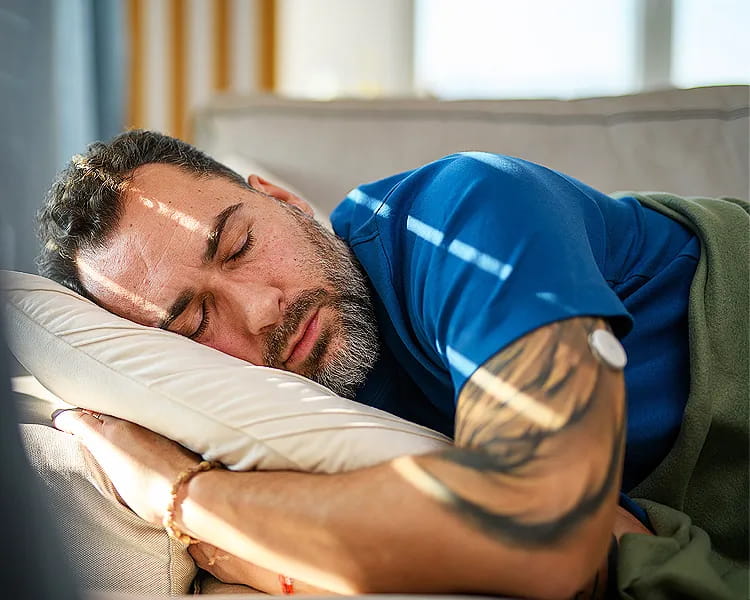Key takeaways
- Balancing blood sugar is next to impossible unless sleep hygiene is fixed. Poor sleep habits trigger skyrocketed blood sugar levels.
- Sleep deprivation also causes high blood pressure, which is a triggering factor behind insulin resistance and high blood sugar.
- A lack of sleep affects blood sugar by elevating stress, increasing cortisol production, and triggering insulin resistance.
- Science-backed habits like quitting scrolling before bedtime and fixing a set sleep-wake cycle can help improve deep sleep.
- Natural solutions like breathing exercises, yoga, and workouts can help get better sleep.

How was the experience with the article?
We'd love to know